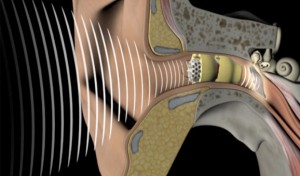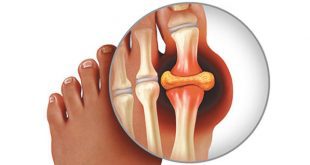By Dr. Noël Crosby, Au.D., Director, Advanced Hearing Center, Englewood, FL –


Johns Hopkins Study
In a recent press release, the Johns Hopkins study was described as follows:
To determine whether hearing loss and falling are connected, Frank Lin, M.D., Ph.D., at Johns Hopkins, and his colleague, Luigi Ferrucci, M.D., Ph.D., of the National Institute on Aging, used data from the 2001 to 2004 cycles of the National Health and Nutrition Examination Survey. This research program has periodically gathered health data from thousands of Americans since 1971.
During those years, 2,017 participants ages 40 to 69 had their hearing tested and answered questions about whether they had fallen over the past year. Researchers also collected demographic information, including age, sex and race, and tested participants’ vestibular function, a measure of how well they kept their balance. Their findings are published in the Archives of Internal Medicine.
Lin, an assistant professor at the Johns Hopkins University School of Medicine and the university’s Bloomberg School of Public Health, and Ferrucci found that people with a 25-decibel hearing loss, classified as mild, were nearly three times more likely to have a history of falling. Every additional 10-decibels of hearing loss increased the chances of falling by 1.4 fold.
Link Between Hearing Loss and Falling
Possible explanations for the link between hearing loss and falling described by Lin include poor awareness of environment and cognitive load. “Gait and balance are things most people take for granted, but they are actually very cognitively demanding,” Lin says. “If hearing loss imposes a cognitive load, there may be fewer cognitive resources to help with maintaining balance and gait.”
If you, or someone you know, suffer from hearing loss and you also have a history of falling, early diagnosis and treatment is critical to your health and safety. Treatment options for falling should be discussed with your ENT, Audiologist or physical therapist. If it is discovered that the reason for your history of falling is due to a balance disorder, vestibular rehabilitation therapy (VRT) may be recommended as an option.
What is the Vestibular System?
It is the vestibular system, which is located in the inner ear, that contributes to our sense of balance and movement. It is responsible for sending a signal to the part of the brain that controls our eye movements and to the muscles that keep us upright. When vestibular organs are damaged due to injury or disease, the brain receives inaccurate information about equilibrium and motion which can result in dizziness, vertigo and balance problems …all symptoms that can lead to a nasty fall.
VRT, which is based upon a series of exercises for the head, body and eyes designed to retrain the brain, can help compensate for deficits within the vestibular system. If the exercises are performed correctly and consistently, VRT can be so successful, no other treatment is required. However, because some of the exercises can initially cause an increase in symptoms, it is tempting for patients to give up on treatment. A focus on end results is required for patient satisfaction.
We Can Help!
For more information about this and other hearing loss related topics, please contact me at Advanced Hearing Solutions by calling 941-474-8393.
 Southwest Florida's Health and Wellness Magazine Health and Wellness Articles
Southwest Florida's Health and Wellness Magazine Health and Wellness Articles

